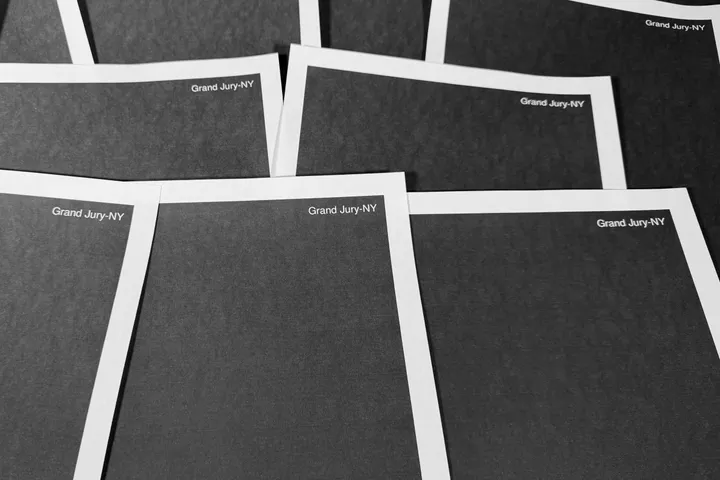British academic Matthew Hedges and former prisoner in the United Arab Emirates (UAE) has expressed his "shock" at the revelation that the University of Cambridge is on the cusp of signing a $553 million collaboration with Abu Dhabi.
When Hedges was in the country on an academic research trip, he was picked up and tortured by the UAE, and convicted of espionage, a charge he denied.
"To find out that Cambridge is hoping to get money from the regime that imprisoned me for 7 months and accused me of spying for carrying out my PhD research. They definitely don't understand what being an Academic entails," said Hedges on his social media account.
So what does the UAE expect to get from its $553 million
When the British government looked into the influence of foreign governments in academia, it found that often money given by autocratic governments had implications beyond academic research.
Investments entailed "political or diplomatic pressure, to shape the research agenda or curricula of UK universities" and attempts to "limit the activities of UK university campuses."
The report added that there was also pressure on UK-based researchers who focus on subjects related to the countries concerned.
Around $124 million of the UAE's investment into Cambridge University would pay staff wages.
Hedges' wife, Daniela Tejada, who was the face of the campaign to release her husband, also slammed the deal.
"I understand funding dilemmas deeply," said Tejada about the UK's higher education system that has been impacted significantly by the Covid-19 pandemic as high paying international students largely stayed home.
But the decision by Cambridge University to "run with the UAE's money shakes the very foundations upon which academic research stands", she said, adding that "more than a reputational risk, it's a betrayal to academic freedom and freedom."
The partnership between the British-based university and the UAE would culminate in a physical presence in the country. In addition, it would make use of University of Cambridge branding, which is recognised around the world.
The UAE has many branch campuses from international universities, particularly from the US and the UK. In fact, the country hosts more than 40 international branch campuses, representing almost a quarter of all international branch campuses worldwide.
Such partnerships, according to some, are part of an attempt by the country which has little to no academic, political or personal freedoms to portray itself to the world as a progressive nation.
While the deal has yet to be finalised, the Cambridge University student paper Varsity, which initially broke the story, also revealed that Vice-Chancellor Stephen Toope is behind the controversial deal.
The deal will focus on developing primary and secondary education, Islamic art and culture, engineering and innovation. In addition, the agreement aims to expand research into Islamic culture and accelerate research that would transition the country away from carbon-based energy sources.
In a risk assessment of the deal, Cambridge University sees risks associated with the deal given the gap in values with the country and the impact on its "institutional autonomy".
The deal could "damage" the university's ability to contribute to society through the pursuit of education, learning and research at the highest international levels of excellence," warned the internal report seen by Varsity.
Recently the UAE financed a Hollywood produced film, "The Misfits", which was slammed for pandering to Islamophobic tropes about the Middle East and Muslims and, in particular, as a way of attacking its regional nemesis, Qatar.
























